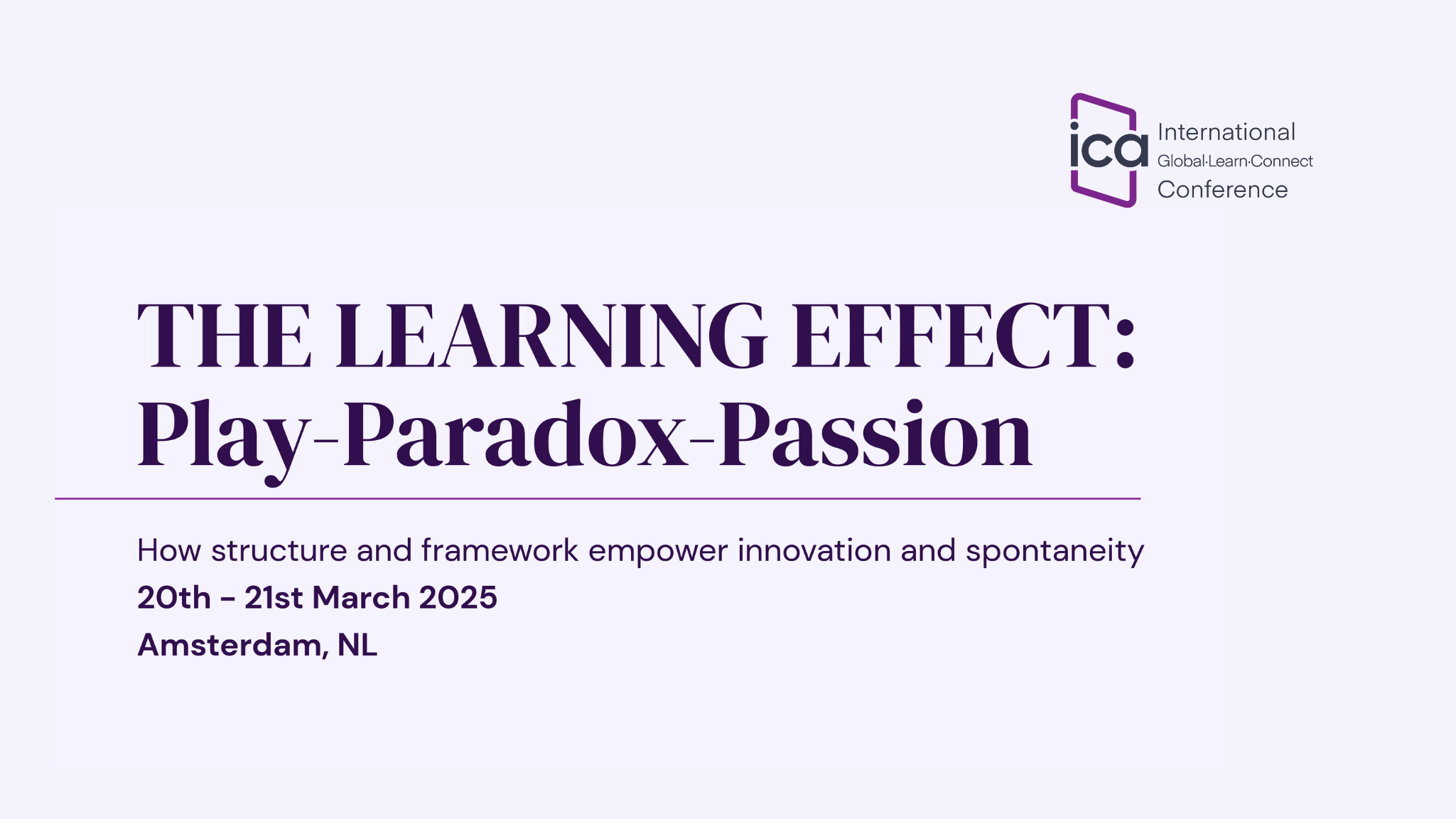Q1. Can we start with a glimpse into your professional journey? Can you share a bit about your background and how you found your way to the ICA?
I hail from Canada, where I began my teaching journey in 1990 as a primary school teacher, teaching French, music, art, geography, and choir. I taught at both public and private schools in Ontario. My international education career started after I took my Master's degree in Educational Science in Amsterdam in my early thirties, when I moved to the south of the Netherlands, to a city called Maastricht. There, I took a role leading a Dutch International Primary School in the transition to a new United World College. This was from 2005-2013. The IPC was a key factor in the professionalisation and growth of the new school which was doubling in size during the 8 years that I worked there. I was fortunate enough to work with Martin Skelton, a founder of the IPC, who visited my school for professional development and also provided guidance for the development of the new UWC. He also led the Leader of Learning course in Greenwich, UK which I participated in one summer and where I helped to develop the 'Looking for Learning Assessment Toolkit'.
During those years, I studied at the doctoral level at Bath University where the leaders of the Education Department were big supporters and involved with the development of the IPC and IMYC. That led to co-authoring a chapter in the book "Taking the IPC Forward" describing how the IPC supported and created the DNA of the school. My next move took me to southern Spain where I was a founding head of a small private school that implemented the IPC. In 2019, I moved to China where I worked in a large, private, IB World School school in Beijing, which when opening implemented the IPC in its primary division. Over the last decade, I have enjoyed doing conference presentations, webinars, and training teams implementing the IPC. More recently, I have been mentoring schools and working as an accreditation team member, which I am thoroughly enjoying!
Q2. In every journey there are challenges. Can you share with us some of the obstacles you have faced and how they might have shaped your professional growth?
I think the obstacles that I often faced and that troubled me were related to mindsets- closed mindsets more precisely. I became impassioned about international education and global education at a time when Europe was transforming with the signing of the Maastricht Treaty. I became committed to wanting to change the perspectives of educators and communities towards ideals of global education, essentially becoming a changemaker and empowering others to become changemakers.
The work that I did in Maastricht really helped me learn how to navigate in a complex, hybrid, multinational environment and it's where I learned the power of a strong mission and vision to lead school communities- and this still resonates with my accreditation work with the ICA today. Equally, developing service learning and global competencies was work that was in pioneering stages back then and I learned a lot when developing my mindset in tandem with the IPC Fieldwork and now the ICA.
Q3. We’d love to know a bit more about you beyond your professional persona. What do you like to do when you’re not working?
Admittedly, I am a bit of a workaholic because I love what I do! When I am not working, I am often traveling, reading, cooking, writing, or researching. I enjoy forest walks and being at the lake when in Canada and beach walks and tapas when in Spain (I have been living between those two countries lately). I also love to be in the mountains or beside water. I am interested in art, antiques, galleries, museums, and gardens.
Q4. Looking ahead, what’s your vision for the future of international education and the role of the ICA?
On top of the excellent curricula developments, I am excited to see the ICA develop in areas of professional growth and accreditation, becoming an integral support to schools and educators worldwide. It's amazing to experience how schools all over the world thrive when implementing the ICA curricula and I would love the ICA to have an even bigger impact in the field of global education. I have always felt that we need to move from international education to global education because it's not just relevant for international schools- all students would benefit from developing international-mindedness and global competencies. I would also love to see the ICA become leaders in sustainability and greening schools and supporting climate action education in ICA services.
Q5. Morning person or night owl?
Night owl
Q6. Coffee or tea?
Coffee - Espresso Lattes in the morning - then green tea in the afternoon
Q7.Dream travel destination?
Argentina
Q8.Favourite type of cuisine?
French
Q9.One thing on your bucket list?
See the cherry blossoms in Japan
Q10.A recent book that you have read?
Lifespan- Why We Age- and Why We Don't Have To - David Sinclair, PhD (Harvard geneticist)
Sign up to receive the icaVoice newsletter on our home page!
.png)


